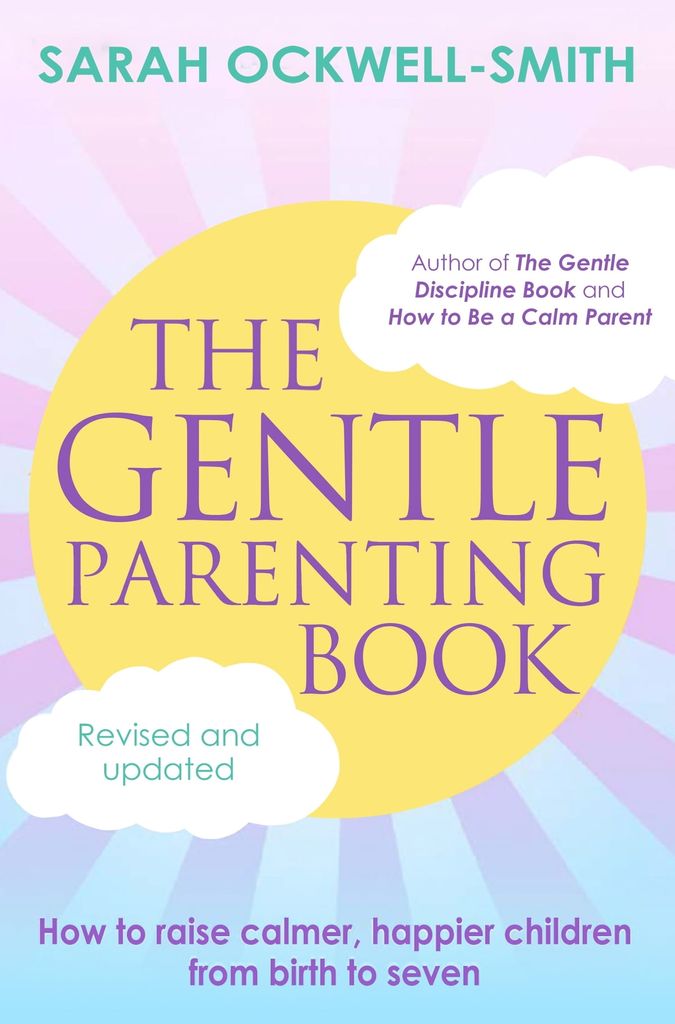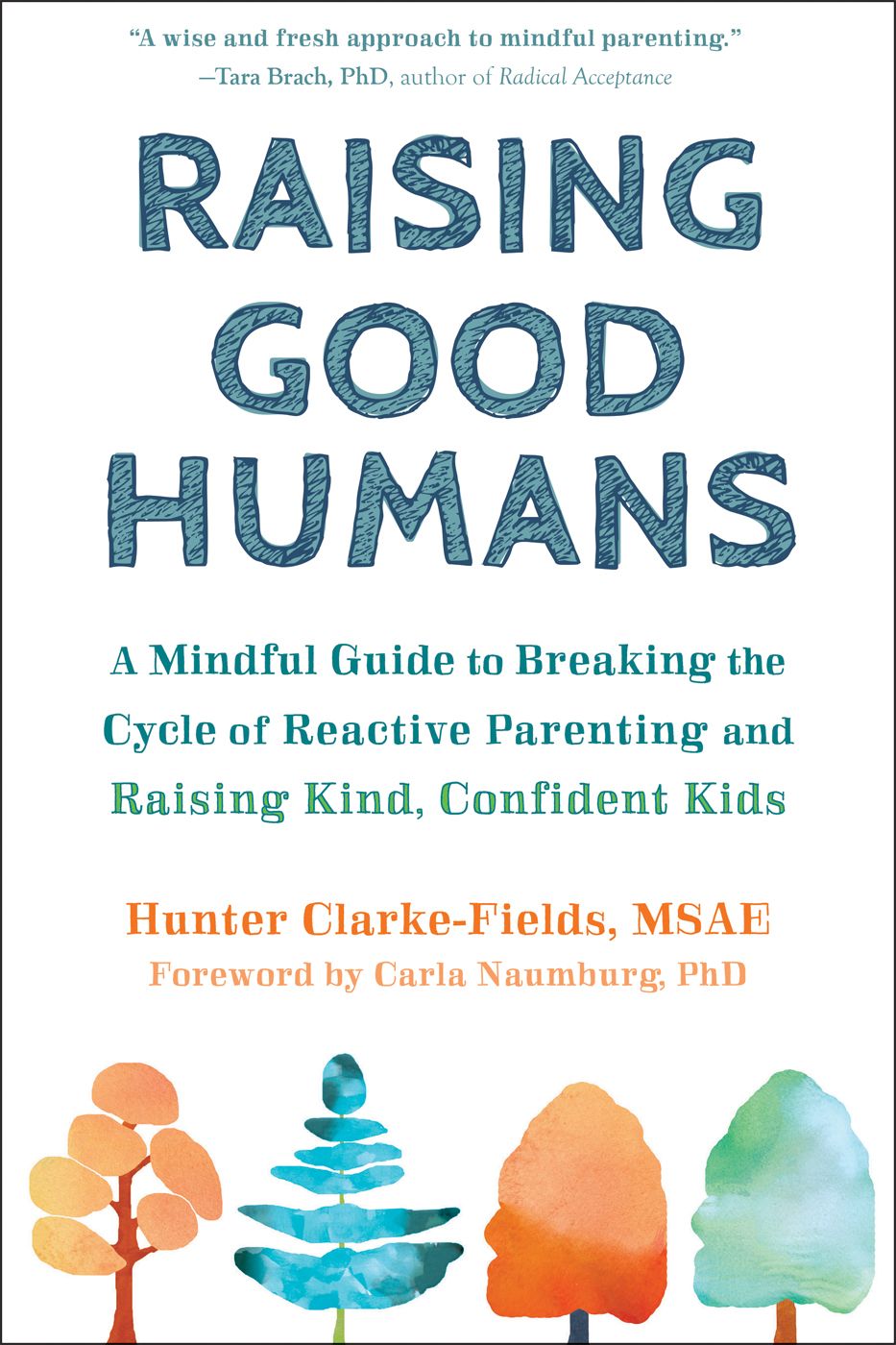While it has long been considered that there are four main parenting styles that parents typically adhere to, gentle parenting is also gaining traction for its evidence-based approach that is found to help develop healthy, happy children.
The parenting style comprises empathy, respect and understanding for children, but importantly, also focuses on enforcing consistent boundaries, so it provides the discipline that other parenting methods – such as permissive parenting – may lack.
Gentle parenting has been found to develop healthy, happy children
What is gentle parenting?
According to muddypuddles.com, gentle parenting encourages a positive relationship between the parent and child, and allows children to follow the rules out of love rather than fear. The parenting style is achieved through connection, communication, and consistency.
Dr Becky Kennedy, a child psychologist specialising in gentle parenting, believes this approach influences children for the better.
MORE: How to deal with toddler tantrums - 5 tips a parenting coach wants you to know
She says: "Our kids are watching us and learning how we respond to stress and uncertainty. Let’s wire our kids for resilience and not panic."
Below, we explore gentle parenting in more detail…
How can you practice gentle parenting?
There are five crucial elements of gentle parenting:
Empathy with your child
In order to practice gentle parenting, you need to feel comfortable empathising with your child. This means putting yourself in their frame of mind before responding to their actions. If they are upset, for example, you can ask them to explain their feelings rather than assuming. So rather than shouting at a child for crying and acting out, you could take a moment to stand back and evaluate the situation.
Respect your child
Gentle parenting encourages parents to treat children how they would like themselves to be treated. After all, children may not be adults, but they deserve as much respect as any other human being. And just because you are in a position of power, you don’t have to use that authority to silence or force them into complicity.
MORE: Relaxation techniques for stressed out parents
Setting simple boundaries
Gentle parenting argues that the absence of discipline does not equal disorder. So you can still set boundaries, such as enforcing rules surrounding bedtime or negative language. In order to do this, the NSPCC recommends setting simple boundaries that are easy to understand, encouraging an open conversation surrounding these boundaries, and being willing to adapt and negotiate these as your child grows and develops.
Understanding your child's emotions
Children are continuously growing and learning. As a result, they may not understand how to communicate their wants and needs. Gentle parenting argues that you must strive to understand the emotions and feelings of your child, even if they don’t have the emotional intelligence to do this for themselves.
Rethinking discipline and reward
Gentle parenting encourages parents to communicate with children in calming tones, choosing to discuss mistakes rather than shouting as a form of punishment. So if they cry because they want to wear their favourite wellies and raincoat on a warm summer’s day, try to explain why they can’t before simply saying, "because I said so".
On the other hand, you should also refrain from rewarding your child for simple acts. If they have scored at a school football match, for example, you should say "Who passed you the ball?" rather than "You did a good job."
Dr Beth Kennedy explains this as wiring your child for independence: "When you orient a child to focus on the impact of their feelings on you instead of the reality of the feelings inside themselves, you are wiring a child for co-dependency."
EXPERT TIPS: How mums can manage their mental load
READ: Princess Kate's 6 relatable royal parenting struggles revealed
What are the benefits of gentle parenting?
It’s no secret that gentle parenting can be challenging. In any stressful situation, your immediate response might be to force your child into obedience. There are multiple benefits, however, that might help you persist with the parenting style.
Reinforcing calm
Children learn everything from their parents. No matter how small the action or reaction, they will learn how to replicate this for themselves. So you can reinforce a calm mindset within their lives by staying calm in the face of chaos.
Establishing social skills
Everyone is taught to follow the rules, but children may realise that they don’t necessarily ‘need’ to follow them. By establishing simple and understandable rules at home, children are more likely to respect these in their later life, such as at school or work.
Reducing anxiety
Imagine being shouted at by someone twice your height and size. You would no doubt feel anxious. It makes sense, therefore, that removing these negative behaviours will reduce these feelings for your child, both in and outside your home.
What is the bad side of gentle parenting?
Gentle parenting can be overwhelming. It isn’t easy to face every emotional breakdown with calm while remembering to go against every instinct to "shush" your child when they drop to the floor and scream while you’re out shopping.
Sometimes parents struggle to find an equal balance between setting firm boundaries and being gentle.
Sami, a mother of three from Lancashire, found that her daughter acted out due to poorly executed gentle parenting. Instead of encouraging her child to behave, for example, gentle parenting led her daughter to misunderstand her kindness for weakness and act out regularly. But she has since learned how to set more firm boundaries.
Is gentle parenting the 'right' way to raise your child?
There is no ‘right’ way to raise your child. All you can do as a parent is try your best. If you believe that a gentle parenting approach is the best for your child, then you should feel able to do this while knowing your child is being appropriately raised.
On the other hand, if you feel more attuned to an authoritarian or permissive parenting style, you’re free to explore these other options too. Everyone is different, and that’s okay!
Gentle parenting has multiple attractive qualities. While it may seem like the best idea to raise your child with these guidelines in mind, remember that you’re able to learn the ropes alongside your growing child. Be easy on yourself, and enjoy the beauties of parenthood one day at a time…
How to learn more about gentle parenting
There are lots of gentle parenting resources available, such as books and even courses, should you wish to further your learning in this area.
Sarah Ockwell-Smith's The Gentle Parenting Book promises to teach you how to raise "calmer, happier children from birth to seven" and has a 4.5 star rating on Amazon.
Meanwhile, Raising Good Humans helps parents to assess the way they raise their children and learn more gentle techniques to break the cycle of reactive parenting.
Philippa Perry's The Book You Wish Your Parents Had Read (and Your Children Will Be Glad That You Did) was a Sunday Times No.1 Bestseller that shares insight into the dos and don'ts of parenting and helps parents to understand how their own upbringing may affect their parenting.
Like this story? Sign up to the HELLO! Family Hub newsletter to get other stories like this delivered straight to your inbox.













